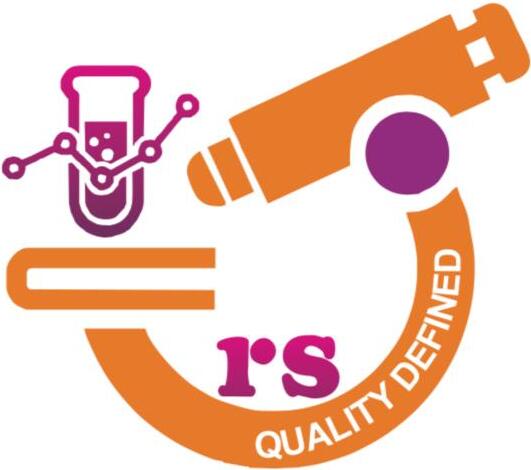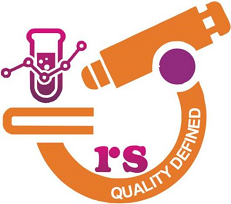Phone : +918147282686
CANCER SCREENING IN YELAHANKA

Male cancer screening typically includes screenings for prostate, testicular, and colorectal cancers. Prostate cancer screening often involves a digital rectal exam (DRE) and a prostate-specific antigen (PSA) blood test. Testicular cancer screenings usually involve self-exams and regular doctor check-ups. Colorectal cancer screening typically starts at age 45 with options like colonoscopy, stool-based tests, or virtual colonoscopy. However, it’s essential to consult a healthcare provider for personalized recommendations based on individual risk factors and family history.
1. Prostate Cancer Screening:
• Digital Rectal Exam (DRE): A healthcare provider inserts a lubricated, gloved finger into the rectum to feel for any abnormalities in the prostate gland.
• Prostate-Specific Antigen (PSA) Test: A blood test that measures the levels of PSA, a protein produced by the prostate gland. Elevated PSA levels could indicate prostate cancer, but it can also be elevated due to other conditions like benign prostatic hyperplasia (BPH) or inflammation.
2. Testicular Cancer Screening:
• Self-Exams: Men are encouraged to perform regular self-exams to check for any lumps, swelling, or changes in the size or shape of the testicles. If any abnormalities are detected, they should seek medical evaluation promptly.
• Doctor Check-Ups: During routine physical exams, healthcare providers may also perform a clinical examination of the testicles to check for any abnormalities.
3. Colorectal Cancer Screening:
• Colonoscopy: A procedure in which a flexible tube with a camera is inserted into the rectum to examine the entire colon for polyps or signs of cancer. Polyps can be removed during the procedure.
• Stool-Based Tests: Tests such as the fecal occult blood test (FOBT) or the fecal immunochemical test (FIT) detect blood in the stool, which can be a sign of colorectal cancer.
• Virtual Colonoscopy (CT Colonography): A less invasive option that uses CT scans to create images of the colon, allowing doctors to look for polyps or other abnormalities.
It’s important for men to discuss their individual risk factors, including family history and personal medical history, with their healthcare provider to determine the appropriate screening schedule and methods for them. Early detection through screening can significantly improve outcomes for these types of cancer.
Tag
PROSTATE CANCER AWARENESSPROSTATE CANCER TESTSCANCER SCREENING IN YELAHANKAEnquiry
Get in touch
R S DIAGNOSTIC CENTRE.All Rights Reserved © 2026








